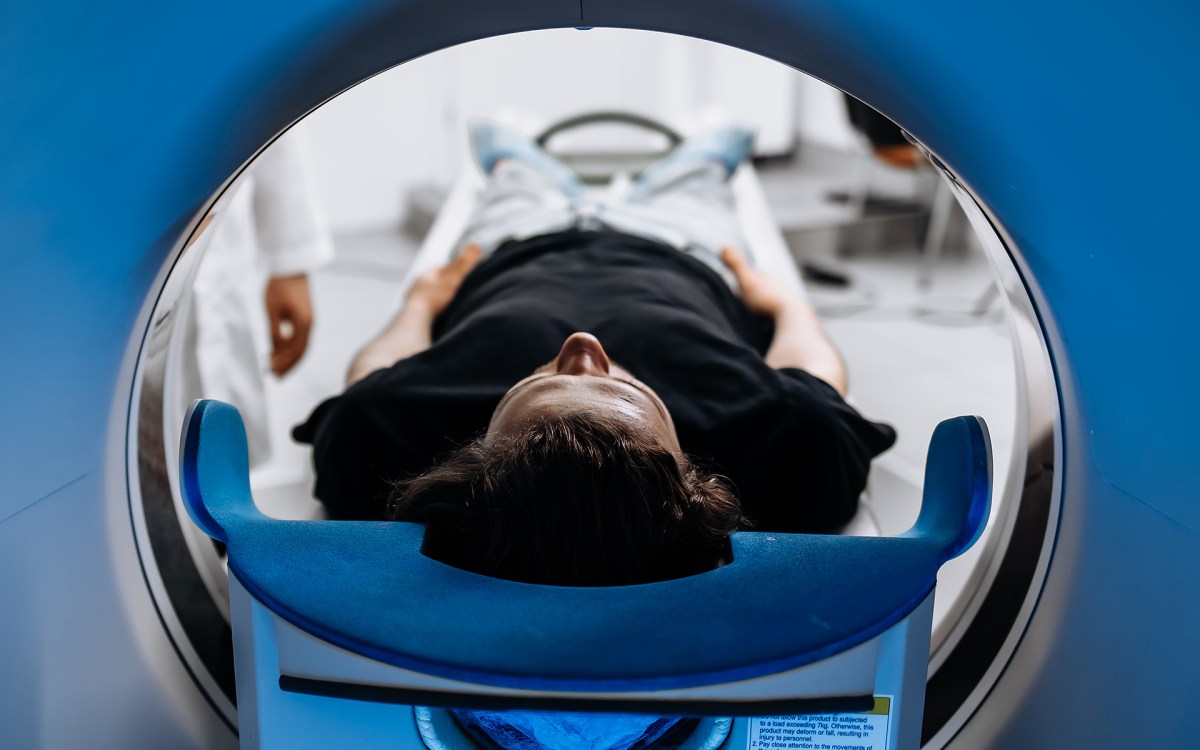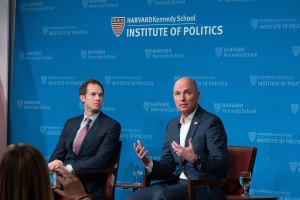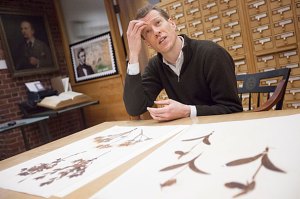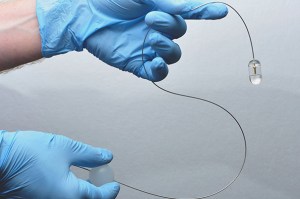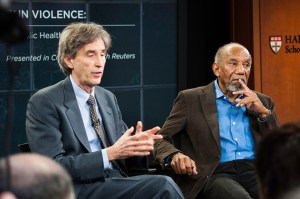All articles
-
Nation & World
Inside India’s pop-up city
Every 12 years, the Kumbh Mela, a centuries-old Hindu pilgrimage, temporarily transforms an empty floodplain in India into one of the biggest cities in the world. This month, an interdisciplinary team of Harvard professors, students, and researchers set out to map the gathering for the first time.
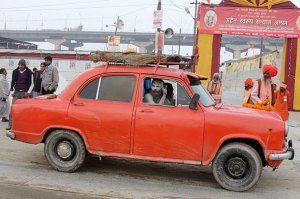
-
Campus & Community
Recalling King’s later legacy
The Rev. Jonathan Walton, Harvard’s Pusey Minister of Memorial Church and Plummer Professor of Christian Morals, galvanized Boston’s 43rd annual Martin Luther King Jr. Memorial Breakfast with a keynote speech that contrasted the present-day ”sanitized and sterilized” version of the civil rights leader’s dream for America with the real message of economic inclusiveness that he…
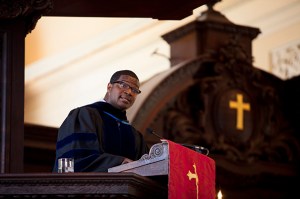
-
Health
New avenue in neurobiology
Harvard stem cell biologists have proven that it is possible to turn one type of already differentiated neuron into another inside the brain, and their findings may have enormous implications for the treatment of neurodegenerative diseases.
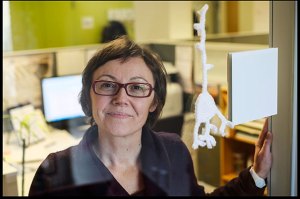
-
Health
A hidden genetic code
For decades, scientists wondered whether there was some subtle difference between parts of the genetic code that, while different, appear to encode the same amino acid. Harvard researchers now have the answer.
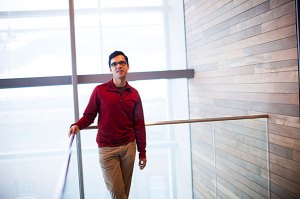
-
Campus & Community
HUCTW and University agree to engage mediation team in effort to reach agreement
The Harvard Union of Clerical & Technical Workers (HUCTW) and Harvard University announced Jan. 17 that they have agreed to engage a team of experienced mediators in an effort to resolve negotiations on a new contract.
-
Arts & Culture
A return to the radical
In a discussion at the Radcliffe Institute for Advanced Study, the stage director John Tiffany and Diane Paulus, the artistic director of the American Repertory Theater, said that their new production of Tennessee Williams’ “The Glass Menagerie” will restore some of the work’s unconventionality.
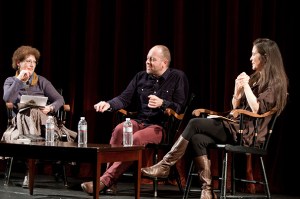
-
Nation & World
Women waging peace
On Tuesday at a packed John F. Kennedy Jr. Forum sponsored by the Institute of Politics at the Harvard Kennedy School, six female leaders discussed how they’re waging peace and promoting inclusiveness in their war-ravaged nations.
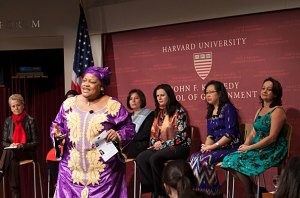
-
Health
Plant power
The world we live in was made possible by the precursors to plants, which crossed two evolutionary hurdles that transformed not only plant life, but also the Earth’s atmosphere and its once-barren continents, Arnold Arboretum Director William Friedman said in a recent lecture.
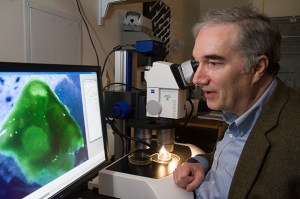
-
Nation & World
When King came to Harvard
Martin Luther King Jr., the civil rights icon whose national day of commemoration is Monday, was no stranger to Harvard University.

-
Health
Digging yields clues
As described in a Jan. 16 paper in Nature, a team of researchers led by Hopi Hoekstra, professor of organismic and evolutionary biology and molecular and cellular biology, studied two species of mice – oldfield mice and deer mice – and identified four regions in their genome that appear to influence the way they dig…
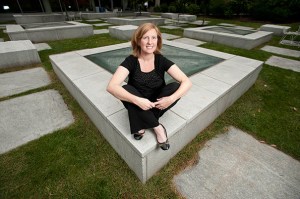
-
Campus & Community
Marion Cotillard is Woman of the Year
Harvard’s Hasty Pudding Theatricals has announced Marion Cotillard as the recipient of its 2013 Woman of the Year award.
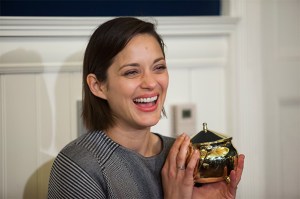
-
Campus & Community
New life for Old Quincy
The first House renewal test project, Old Quincy, is nearly halfway through its 15-month renovation.
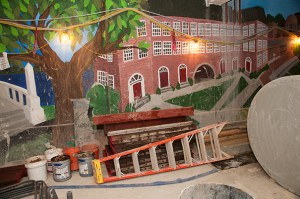
-
Health
In Africa, success against AIDS
AIDS researchers gathered at the Harvard School of Public Health to mark 10 years of work under a landmark federal anti-AIDS program that has led to significant progress against the epidemic.
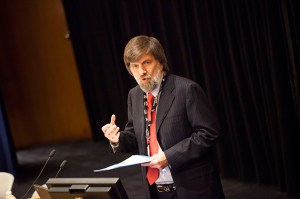
-
Campus & Community
Doctor honored for work, leadership
Jane deLima Thomas, a palliative care physician and associate director of the Harvard Palliative Medicine Fellowship Program at Dana-Farber Cancer Institute, is one of five U.S. physicians to receive the 2013 Hastings Center Cunniff-Dixon Physician Award.
-
Arts & Culture
‘Pippin’ goes to the circus
Diane Paulus’ newest musical adaptation at the American Repertory Theater, a reworking of the 1970s hit ‘Pippin,’ weaves the element of circus performance into the production. The show continues through Jan.20 at the Loeb Drama Center.

-
Campus & Community
Learning life in the lab
Chelsea High students got to sample the techniques of genetic engineering in Harvard’s Science Center as part of a two-year program to bring biotechnology to science classes in 50 schools.
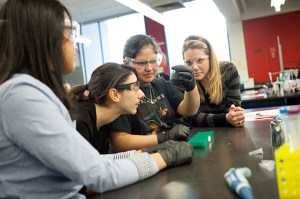
-
Nation & World
Tech solutions for Tanzanian health care
A group of Harvard computer science students traveled to Tanzania in January to lend their programming skills to the mission of improving health care there. The trip included founders and the first cohort of fellows for a new program begun by the student group Tech in the World.
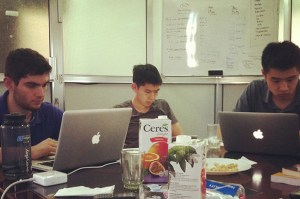
-
Science & Tech
First ‘bone’ of the Milky Way identified
Astronomers have identified a new structure in the Milky Way: a long tendril of dust and gas that they are calling a “bone.”
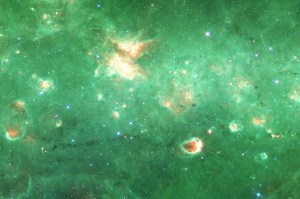
-
Campus & Community
Last stretch for Community Gifts
As Harvard Community Gifts comes to a close on Jan. 15, Program Manager Mary Ann O’Brien hopes Harvard employees are inspired to start the New Year in the spirit of giving.
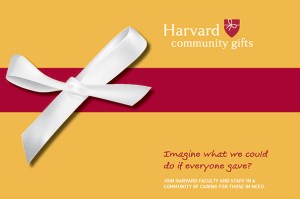
-
Nation & World
The rise, ruin of China trader
An exhibit and companion website developed by Harvard Business School’s Baker Library shines light on the early days of trade between China and the United States.

-
Campus & Community
Film Study Center offers fellowships
The Film Study Center (FSC) at Harvard University offers fellowships for the production of original film, video, photographic, and phonographic projects.
-
Arts & Culture
Nothing but a breakthrough
The Harvard Film Archive leads off its 2013 screenings with “Nothing But a Man,” a landmark 1964 film by two Harvard graduates.
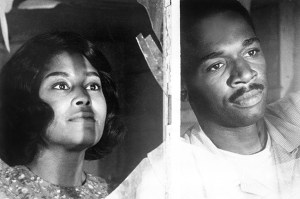
-
Campus & Community
New professor for SEAS, Wyss
Jennifer A. Lewis, an internationally recognized leader in 3-D printing and biomimetic materials, has been appointed as the first Hansjörg Wyss Professor of Biologically Inspired Engineering at the Harvard School of Engineering and Applied Sciences and as a core faculty member of the Wyss Institute for Biologically Inspired Engineering at Harvard University.
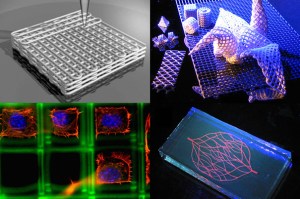
-
Campus & Community
Tom Everett to retire from Harvard
The Office for the Arts at Harvard and Harvard’s Department of Music announced that Thomas G. Everett, director of Harvard Bands since 1971, will retire Feb. 15. His Harvard career will be celebrated in various ways at the University, including a Jazz Bands concert dedicated to him on April 13 at 8 p.m. in Sanders…
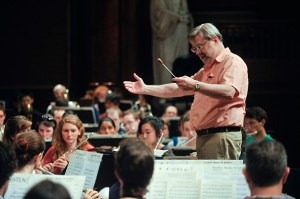
-
Campus & Community
$100K awarded to local nonprofits
The Harvard Allston Partnership Fund (HAPF) announced today that 10 local nonprofits will receive grants totaling $100,000 to support programs in the Allston-Brighton community.
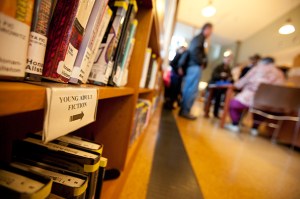
-
Science & Tech
Search for Earth’s twin shows promise
The quest for a twin Earth is heating up. Francois Fressin, of the Harvard-Smithsonian Center for Astrophysics (CfA), presented the new analysis of Kepler data that shows that about 17 percent of stars have an Earth-sized planet in an orbit closer than Mercury.

